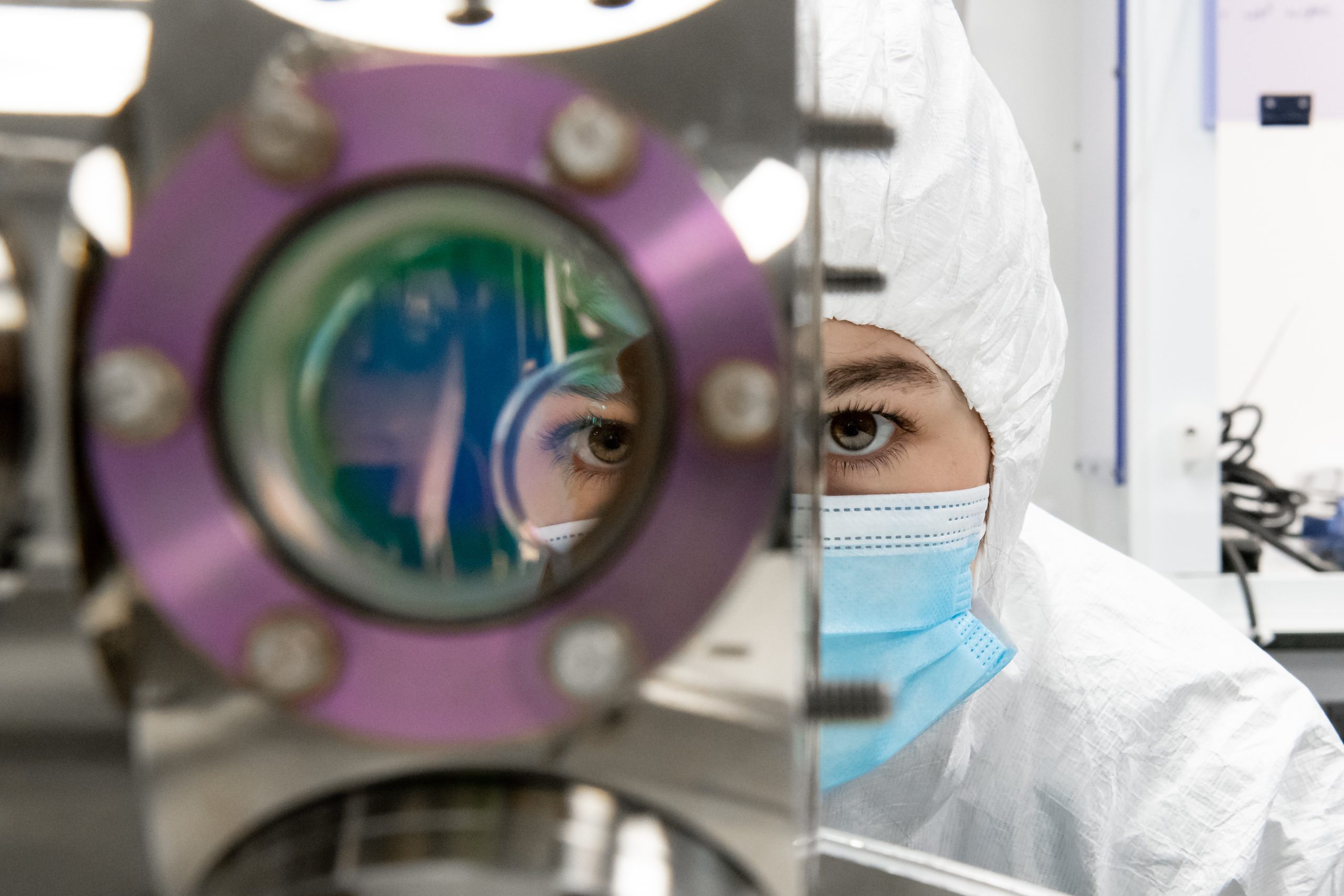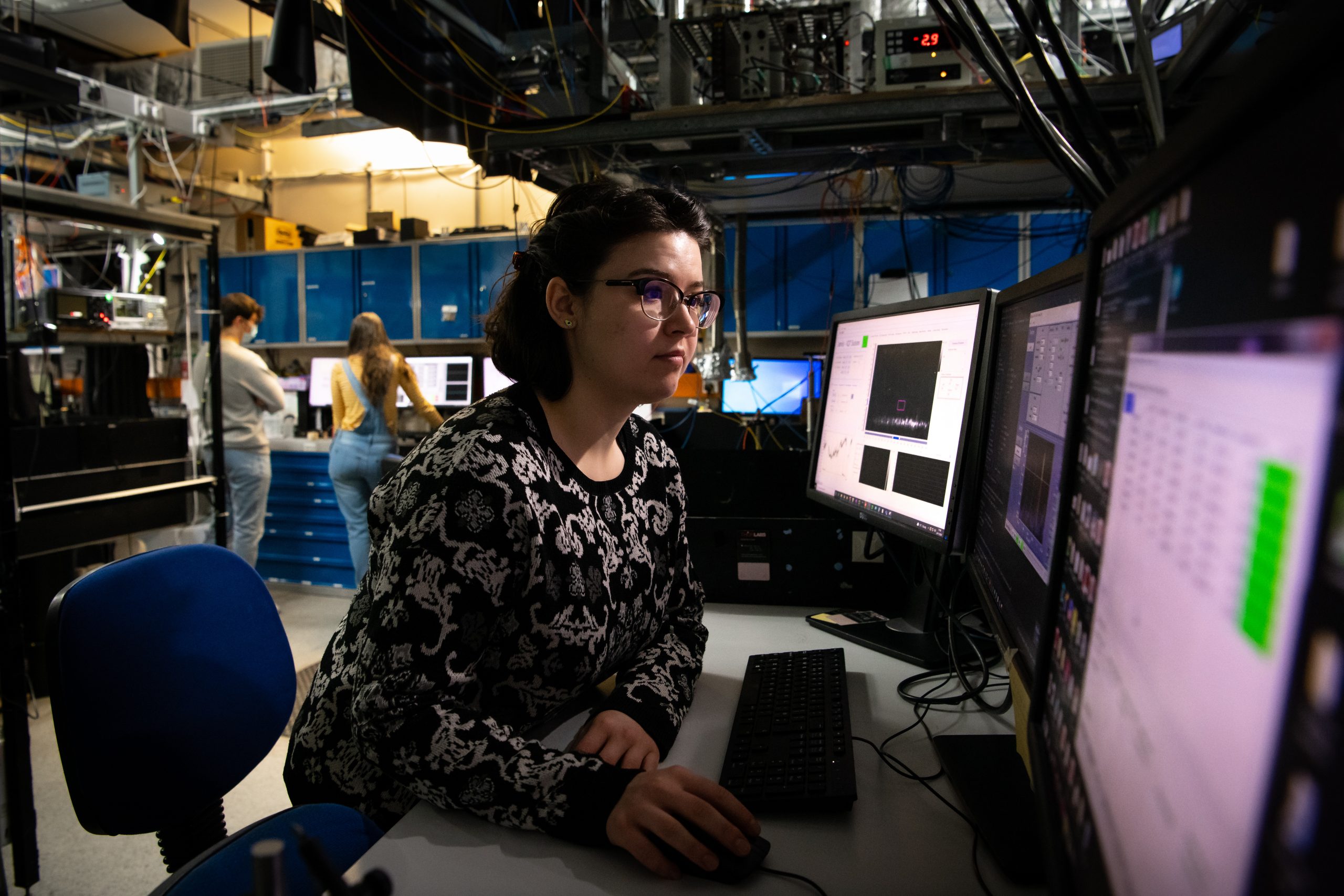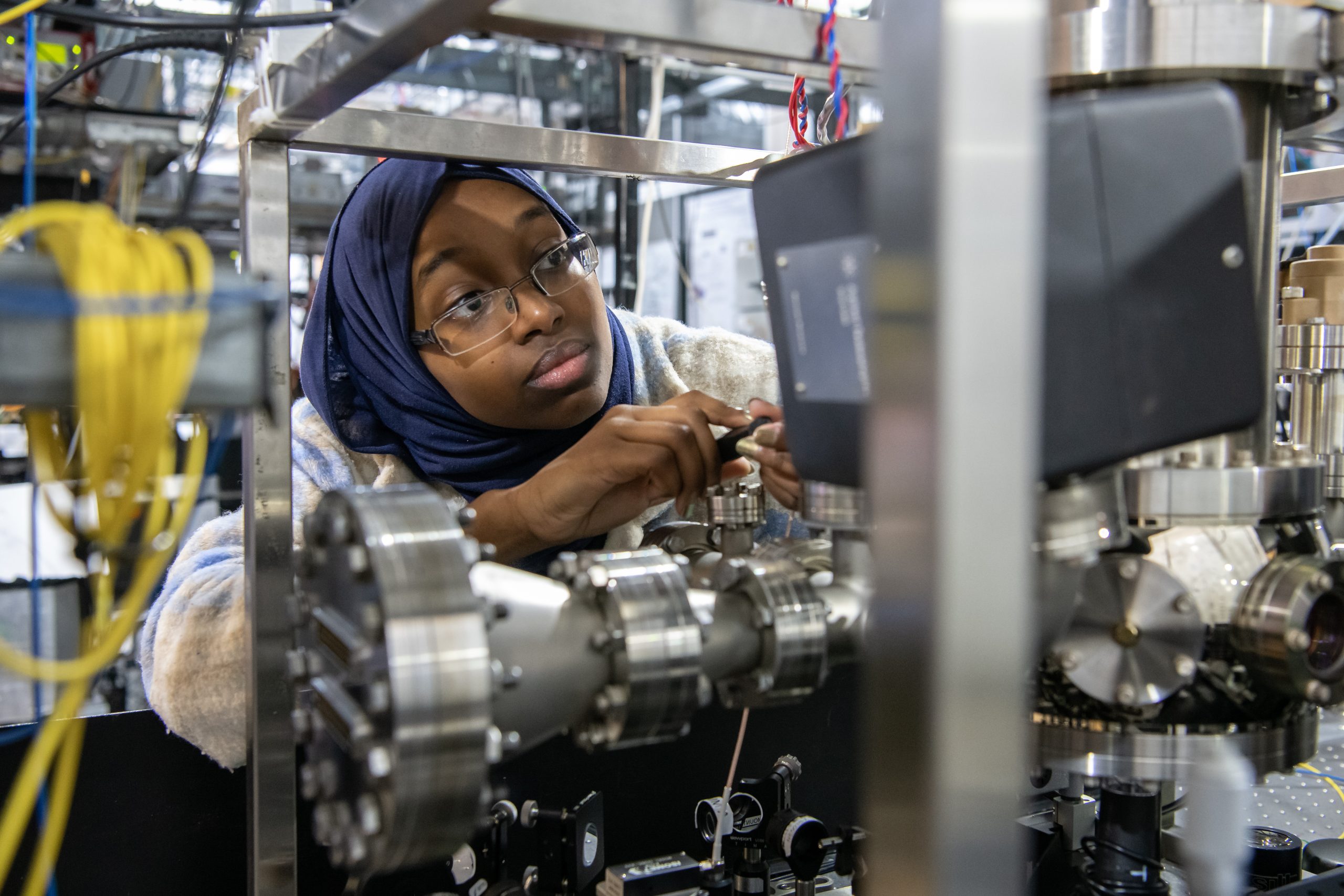A disruptive four-year PhD program in quantum information science and quantum technologies
Applications for September 2026 are now open!
Whether you’re a physicist with a passion for practical technologies, an engineer with an interest in quantum computing, or a mathematician with an aptitude for developing quantum algorithms, the Quantum Information Science and Technologies CDT programme equips students with the skills and knowledge needed to become the future leaders of the quantum information science and technologies sector.
We offer 4-year fully funded PhD studentships which includes tuition fees, stipends (tax free) and a generous research budget. Stipend rates will differ for home and international students, with international students receiving the standard UKRI rate (for the 2025/26 academic year, this is currently £21,780). Home students starting their studies in September 2026 will receive the standard UKRI rate, plus the UK Government’s TechExpert Pilot funding, expected to be an additional £10,000 per year. The pilot is only expected to run for one intake of students and more details will be confirmed in December.
Our CDT
The aim of the Quantum Information Science and Technologies Centre for Doctoral Training (QIST CDT) is to train the UK’s best quantum scientists and engineers, capable of working in all areas of the emerging quantum technology industry sector.






